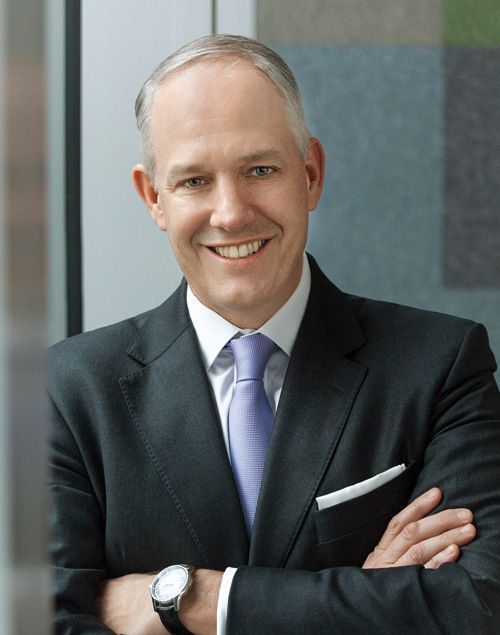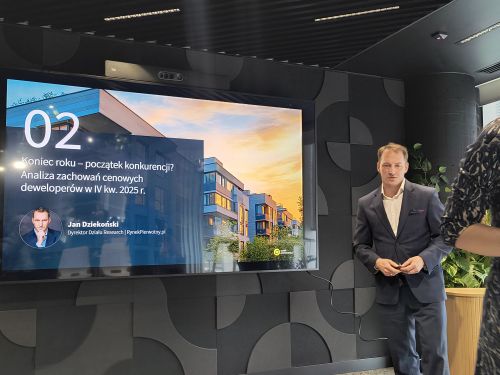The acquisition strategies of individual real estate consulting agencies naturally vary depending on their goals and needs, but they always boil down to one thing: the need to adapt to the ever greater requirements of clients and the growing volume of capital on the market. The better planned the geographic and expertise expansion is, the better the chances of staying afloat. This strategy can be seen in the latest results of some of the largest agencies, which to some extent have been influenced by a number of bigger or smaller acquisitions. In the financial year ending in December 2015 the consolidated revenue of Colliers in the EMEA region (in US dollars) skyrocketed by 26 pct y-o-y, while JLL’s grew by 10 pct and CBRE could even boast an increase of 28 pct. At the same time CBRE invested app. USD 1.6 bln on nine new acquisitions, while JLL completed or announced 24 takeovers with a total value of almost USD 604 mln. Meanwhile, Colliers



























































